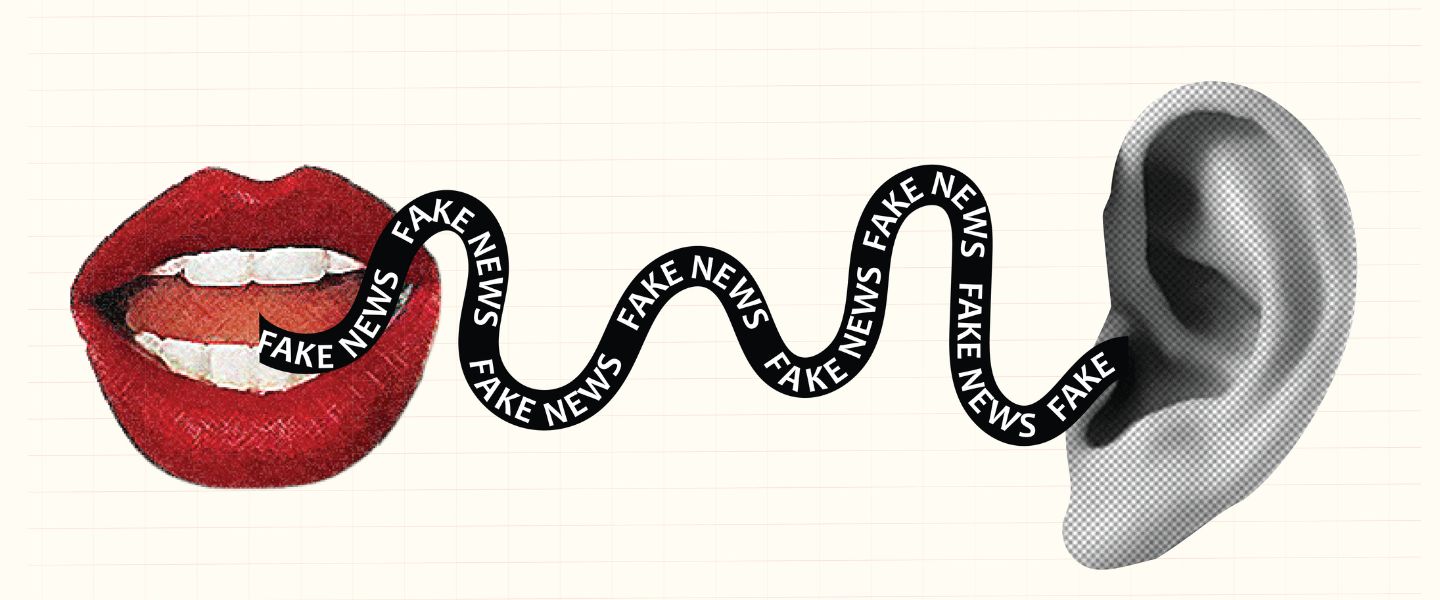
Is it time you went back to beige?
Beige gets a bad rap from brand consultants, but when you’re stressed, it’s hard to think clearly: you need to return to neutral first. To reset your nervous system, try going back...

by Öykü Işık, Michael R. Wade Published October 7, 2021 in Brain Circuits • 2 min read
Just as we are all looking at sustainability practices for the physical world, so we need to consider sustainable and ethical practices for the virtual world. Corporate digital responsibility (CDR) is a set of practices and behaviors that help an organization to use data and digital technologies in a way that is socially, economically, technically, and environmentally responsible. To understand this further, consider each aspect individually.
This includes ensuring data privacy protection for employees, customers, and other stakeholders. You should promote digital diversity and inclusion and pursue socially ethical practices.
This includes using technology responsibly to replace jobs done by people. You must ensure that outsourcing work to the gig economy is done in a responsible way. You must share the economic benefits of digitization with society through things such as taxation.
You must ensure the AI decision-making algorithms you are using are ethical. You should not produce digital technologies that harm society. You need to implement responsible cybersecurity protection and response practices. You must follow responsible data validation and disposal practices.
Just as with a physical commodity, you must follow responsible recycling practices for digital technologies. Extending the life span of technology is an environmentally responsible practice. You should consider responsible power consumption practices.
If your CDR planning is in a nascent stage, you can read more about forming a cohesive plan here.
Further reading:

Professor of Digital Strategy and Cybersecurity at IMD
Öykü Işık is Professor of Digital Strategy and Cybersecurity at IMD, where she leads the Cybersecurity Risk and Strategy program and co-directs the Generative AI for Business Sprint. She is an expert on digital resilience and the ways in which disruptive technologies challenge our society and organizations. Named on the Thinkers50 Radar 2022 list of up-and-coming global thought leaders, she helps businesses to tackle cybersecurity, data privacy, and digital ethics challenges, and enables CEOs and other executives to understand these issues.

Professor of Strategy and Digital
Michael R Wade is Professor of Strategy and Digital at IMD and Director of the Global Center for Digital and AI Transformation. He directs a number of open programs such as Leading Digital and AI Transformation, Digital Transformation for Boards, Leading Digital Execution, Digital Transformation Sprint, Digital Transformation in Practice, Business Creativity and Innovation Sprint. He has written 10 books, hundreds of articles, and hosted popular management podcasts including Mike & Amit Talk Tech. In 2021, he was inducted into the Swiss Digital Shapers Hall of Fame.

February 12, 2026 • by Francesca-Giulia Mereu in Brain Circuits
Beige gets a bad rap from brand consultants, but when you’re stressed, it’s hard to think clearly: you need to return to neutral first. To reset your nervous system, try going back...

February 11, 2026 • by Stefan Michel in Brain Circuits
Drawing on his recent IMD podcast with Amar Bhidé, IMD Professor of Management Stefan Michel debunks longstanding misconceptions about entrepreneurship....

February 10, 2026 • by Susanne May in Brain Circuits
Forget everything you’ve heard about genius CEOs, intuition, and heroic decision-making, says Susanne May – use Jensen Huang’s radical leadership of Nvidia as a blueprint to succeed in the AI era....

February 5, 2026 • by Michael D. Watkins in Brain Circuits
AI can do plenty in terms of learning and skills development – but educators and talent leaders also need to understand what AI tools should not be used for. ...
Explore first person business intelligence from top minds curated for a global executive audience